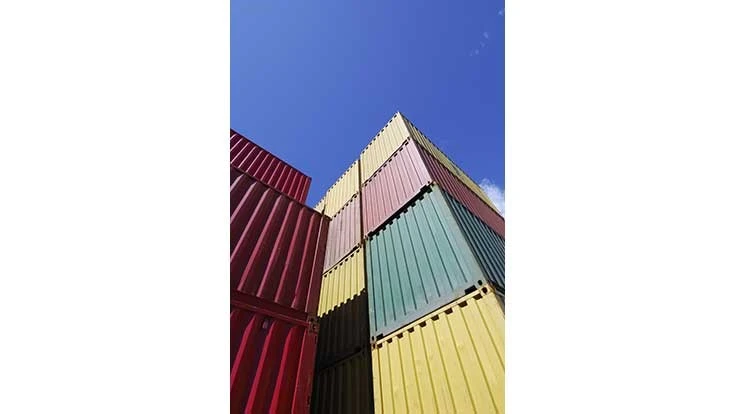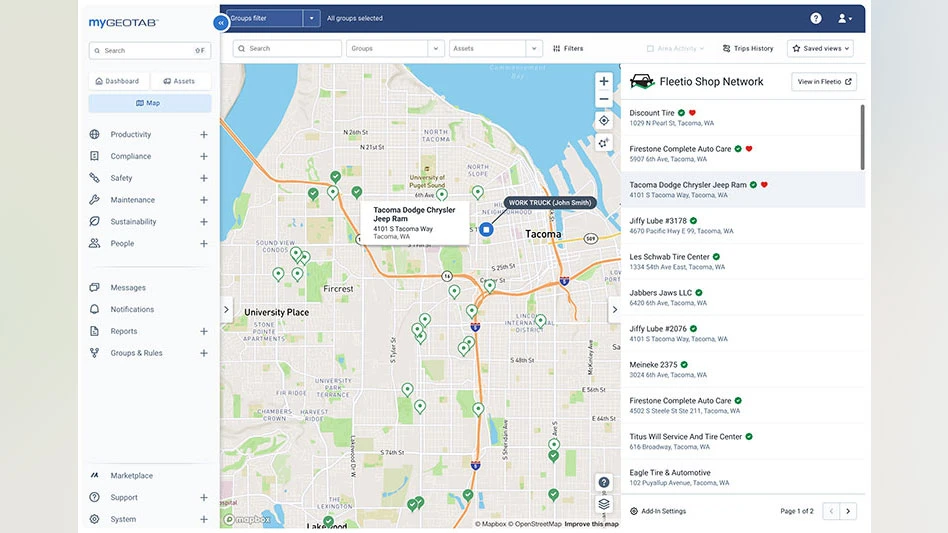
Photo provided by Dreamstime.
The Seattle-based Basel Action Network (BAN) has expressed concern that the removal of remaining lead pipes in service in the United States, an activity that can be funded via last year’s $1.2 trillion infrastructure bill, could “result in poisoning abroad.”
BAN, which also monitors and objects to U.S. exports of electronic and plastic scrap, adds, “Old lead pipes pose export hazard to countries with weaker pollution controls.” BAN says exported lead pipe scrap “may end up causing lead poisoning in Mexico, India and other countries if steps are not taken to recycle these materials in the U.S.”
Statistics gathered by the U.S. Census Bureau and collated by the U.S. Geological Survey (USGS) show that in the first 10 months of 2021, some 818,000 metric tons of lead were made via scrap-fed secondary production processes in the U.S.
That compares with some 30,300 metric tons of nonbattery lead scrap exported in that same time frame, or 3.7 percent of the volume recycled within U.S. borders.
Lead also can be found, however, in some copper alloyed pipes, and spent lead-acid batteries are commonly traded across borders. In the first 10 months of 2021, some 28.9 million spent lead-acid batteries were exported from the U.S., according to the USGS.
While the USGS does not break out where lead battery and scrap exports are headed, BAN (likely citing Census Bureau data) says in 2021 “50 percent of lead scrap exports went to India and Mexico for recycling. The other half went to more than 40 other countries, including China, Ecuador, Guatemala, Bangladesh and Indonesia.”
The transboundary trading, as it has with other secondary commodities and products, has drawn the attention of BAN. “As most of the lead scrap from the U.S. is exported to countries with weaker environmental standards for recycling, the removal of old lead pipes can contribute to significant emissions from smelters in other countries,” states the organization.
The federal Infrastructure law provides $15 billion during the next five years to replace lead water pipes, with that funding potentially joined by state and local appropriations, says BAN.
“Although the Biden administration has rightly focused on environmental justice at home, dumping toxic waste on developing countries is not seen as a being a concern,” remarks Jim Puckett of BAN.
“We are calling on federal, state and local government programs to require that all lead pipes that are removed be recycled in smelters in the U.S.” comments Perry Gottesfeld, executive director of San Francisco-based Occupational Knowledge International, another nongovernmental organization (NGO) joining BAN in raising concerns.
Latest from Construction & Demolition Recycling
- Radius to be acquired by Toyota subsidiary
- Pacific Steel selects Danieli as EAF equipment supplier
- Viably, Turmec partner on Ohio installation
- EPA plans to revisit numerous environmental, climate regulations
- Connecticut recycling facility looking to accept C&D faces local pushback
- Fornnax wins Green Innovation of the Year award
- ABC: Construction backlog inches lower, staffing levels expected to grow
- Former detention center in Cleveland set for demolition





